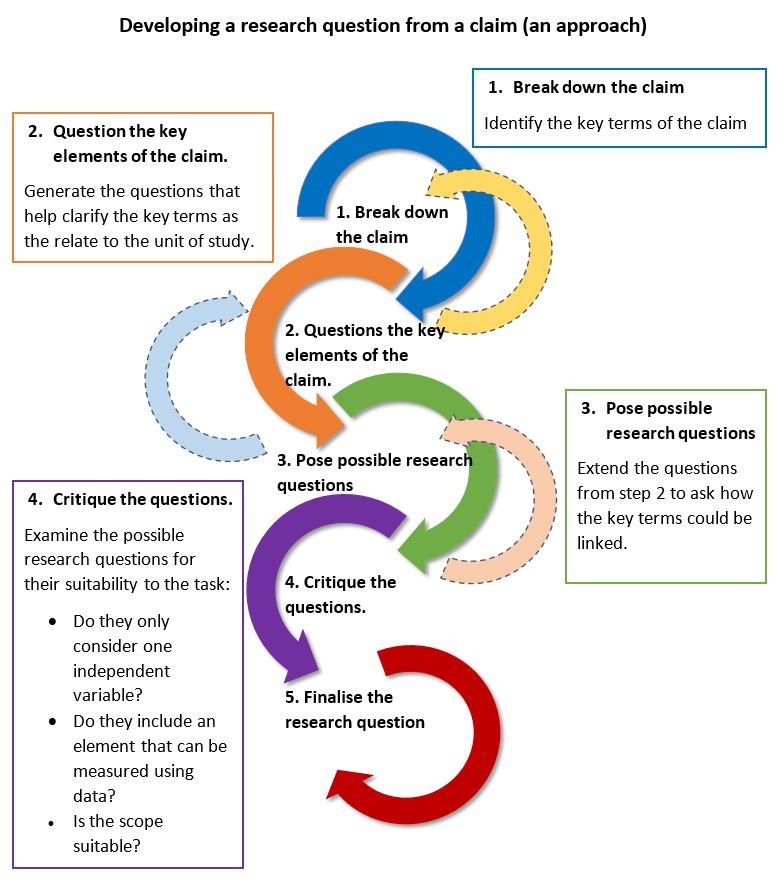

According to the QCAA Syllabus glossary, a Claim is an assertion made without any accompanying evidence to support it.
YOUR CLAIM: Biofuels are better for the environment than fossil fuels
NOTE: Biofuels are those fuels that contain energy and are derived from plants or biomass. They include Ethanol (an alcohol), Biodiesel (an oil) and Biojetfuels. First-generation Ethanol feedstock includes food crops (like corn), crop waste (sugar cane), while second-generation feedstock, which is more sustainable, includes algae and lignocellulosics (woody plants and grasses). Biodiesel feedstock includes vegetable oils and animal fats, and more recently, more sustainable waste fats, oils and greases.
Burning fossil fuels is causing the Earth to get warmer
Fossil fuel extraction could be contributing to climate change by heating Earth from within

The ENTIRE collection of resources provided by the BBC Birtles Library can be searched on ONE single, powerful search platform, which retrieves print books, eBooks, database articles and websites. Click HERE for assistance.



Scroll down to p. 4
ONESearch (on the left) will search through all these databases plus more, but sometimes it's simpler to just search one database at a time, so try these individual databases.











Purpose: Reason the information exists